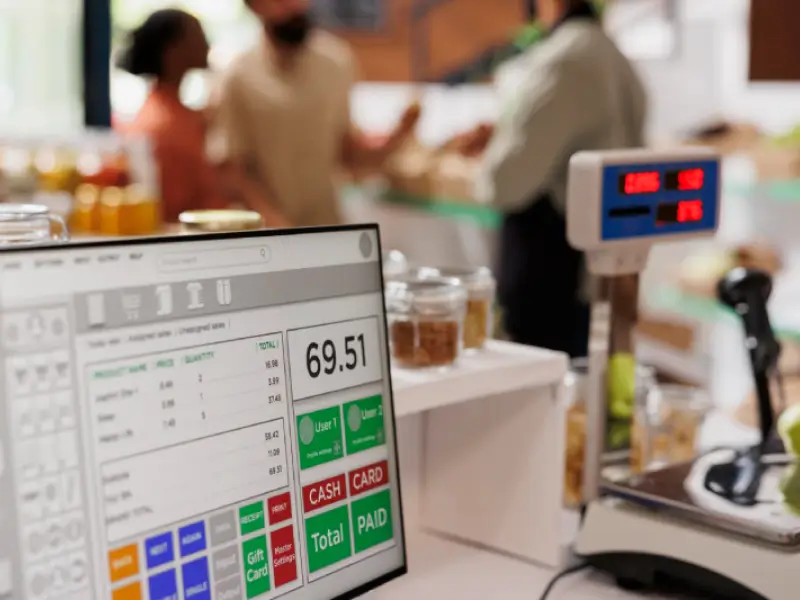In today’s fast-paced and security-conscious world, face recognition technology has become one of the most reliable and advanced methods for identity verification. At Endeavour Uganda, we provide cutting-edge Face Recognition Systems in Uganda that ensure accurate, fast, and secure access control for businesses, institutions, and government organisations. Our solutions are designed to eliminate the risks associated with traditional identification methods like ID cards or passwords. With advanced AI-powered algorithms, our systems deliver unmatched accuracy in identifying and authenticating individuals.

Face recognition technology offers numerous advantages over traditional security methods:
Our Face Recognition Attendance System helps organisations track employee attendance automatically. Benefits include:
A face recognition system is a biometric technology that identifies or verifies a person’s identity by analysing facial features. It uses advanced AI algorithms and cameras to capture and compare facial data for authentication or surveillance purposes.
In Uganda, face recognition systems are used for security in offices, banks, government buildings, and schools, as well as for attendance tracking, access control, and law enforcement applications.
Yes, modern face recognition systems are highly accurate, often with 98–99% precision, provided they are implemented with quality hardware and advanced AI software. Accuracy can depend on factors like lighting, camera resolution, and the database quality.
Yes, many advanced systems are equipped with infrared and night-vision capabilities, allowing them to function effectively even in low-light or nighttime conditions.
Yes, when implemented with proper encryption and data protection policies, face recognition systems are secure. In Uganda, businesses and institutions using this technology should comply with data privacy laws to protect individuals’ biometric information.